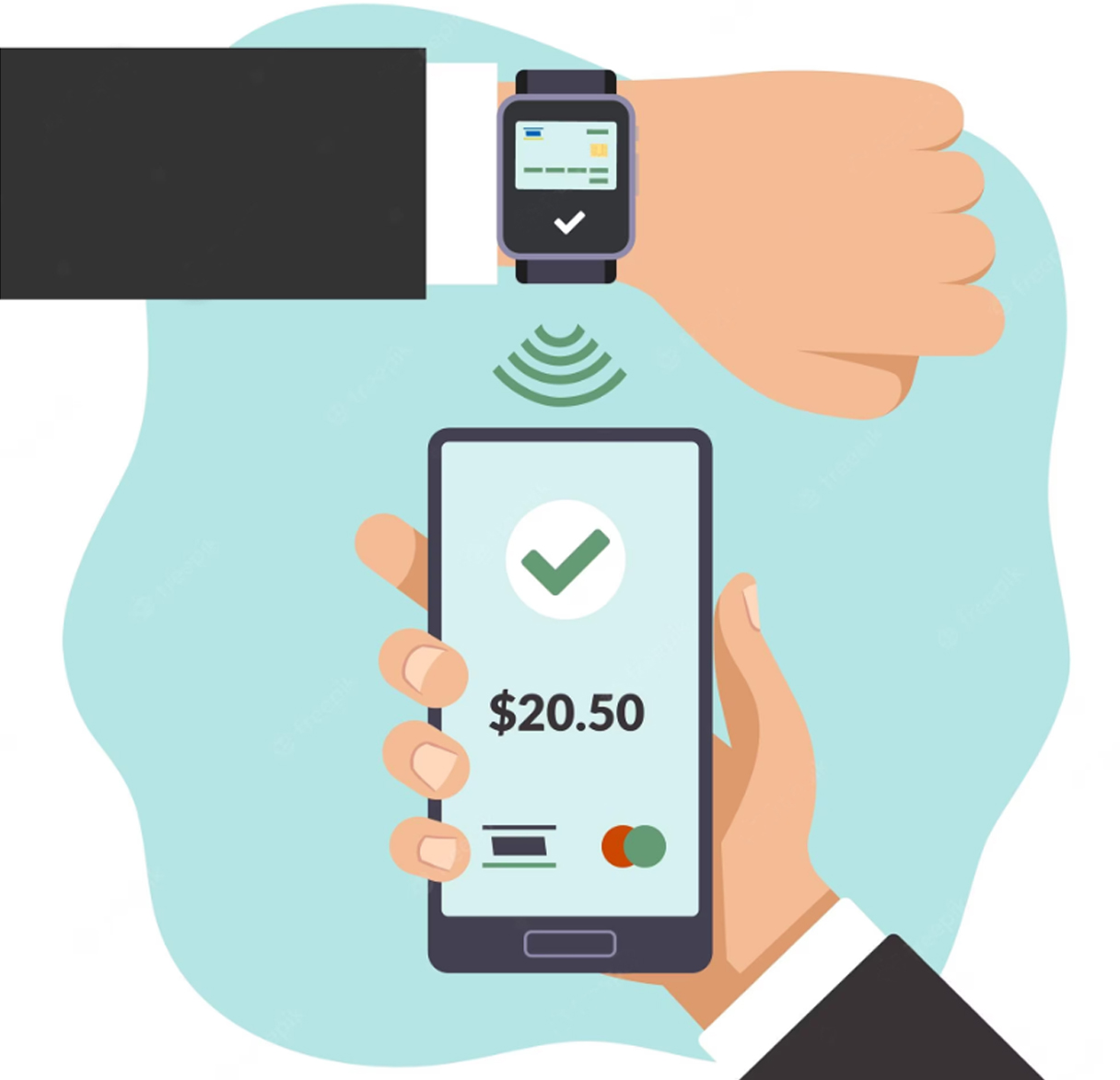The Versatility of NFC Applications
Introduction to NFC and its applications
Near Field Communication (NFC) technology has revolutionized the way we interact with various devices and systems in our daily lives. NFC enables seamless communication between devices by simply bringing them close together. This technology has found applications in diverse fields such as mobile payments, transportation, access control, loyalty programs, healthcare, and even smart homes.
Understanding the technology behind NFC
NFC operates on the principle of electromagnetic induction, where two devices communicate by creating a magnetic field between them. This allows for short-range communication, typically within a few centimeters. NFC utilizes high-frequency radio waves, usually around 13.56 MHz, to enable data transfer. It is a secure and convenient method of communication, making it ideal for various applications.
NFC applications in mobile payments
One of the most well-known applications of NFC is in mobile payments. With the rise of digital wallets and contactless payments, NFC-enabled smartphones have become a common sight at retail stores. By simply tapping their phones on the payment terminal, users can complete transactions swiftly and securely. NFC technology ensures that sensitive payment information is encrypted and transmitted safely, making it an essential tool in the modern payment landscape.

NFC applications in transportation and ticketing
NFC has also made a significant impact on the transportation industry. Many cities have adopted NFC-based smart cards for public transportation systems. These cards can be loaded with credits and easily tapped on card readers to pay for bus, train, or subway rides. NFC technology has simplified the process of ticketing, reducing the need for physical tickets and long queues. It offers a convenient and efficient way to travel, promoting seamless connectivity within urban areas.
NFC applications in access control and security
The use of NFC for access control and security purposes has gained popularity in recent years. NFC-enabled access cards or key fobs are commonly used in workplaces, hotels, and residential buildings. These cards can be easily tapped on readers to grant access to authorized personnel. The advantage of NFC in access control lies in its encryption capabilities, making it difficult for unauthorized individuals to copy or clone access cards. This enhances security and provides a more flexible and efficient means of managing access.
NFC applications in loyalty programs and marketing
Businesses have recognized the potential of NFC in enhancing customer loyalty programs and marketing strategies. NFC-enabled loyalty cards or tags can be distributed to customers, allowing them to earn rewards or discounts by simply tapping their devices on designated NFC readers. Additionally, NFC technology has been utilized in interactive marketing campaigns. By placing NFC tags in promotional materials, customers can access exclusive content, discounts, or product information by tapping their devices. This creates a more engaging and personalized marketing experience.
NFC applications in healthcare and medical devices
In the healthcare sector, NFC has proven to be beneficial in various ways. Medical devices, such as insulin pumps or glucose monitors, can be equipped with NFC technology to enable wireless communication with smartphones or other monitoring systems. This allows for convenient data transfer and real-time monitoring of patient health. NFC can also be used to store vital medical information on patient identification cards or bracelets, ensuring quick access to critical data in emergency situations. NFC's reliability and security make it a valuable tool in improving healthcare delivery.
NFC applications in smart homes and IOT
The concept of smart homes has gained significant traction in recent years, and NFC plays a crucial role in enabling seamless connectivity between devices in these environments. NFC-enabled devices, such as smart locks or thermostats, can be controlled through a smartphone or NFC-enabled tags. By simply tapping the phone or tag, users can adjust settings, lock or unlock doors, or control appliances. NFC brings convenience and automation to the forefront of home management, making smart homes more accessible and user-friendly.
Future trends and advancements in NFC applications
As NFC technology continues to evolve, we can expect further advancements in its applications. The integration of NFC with other emerging technologies, such as augmented reality or blockchain, holds immense potential. For example, NFC-enabled augmented reality experiences can provide immersive and interactive encounters in various settings. Furthermore, the utilization of NFC in blockchain-based systems can enhance security and transparency in areas like supply chain management or digital identities. The future of NFC applications is limitless, with endless possibilities for innovation and improvement.
Conclusion: The limitless potential of NFC
From mobile payments to smart homes, NFC technology has proven to be versatile and adaptable to a wide range of applications. Its convenience, security, and ease of use make it an invaluable tool in various industries. As we move towards a more connected and digital world, NFC will continue to play a vital role in enabling seamless communication and enhancing user experiences. Whether it's simplifying payments, improving transportation systems, or revolutionizing healthcare, NFC has the power to transform how we interact with the world around us.
